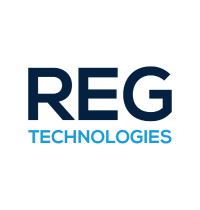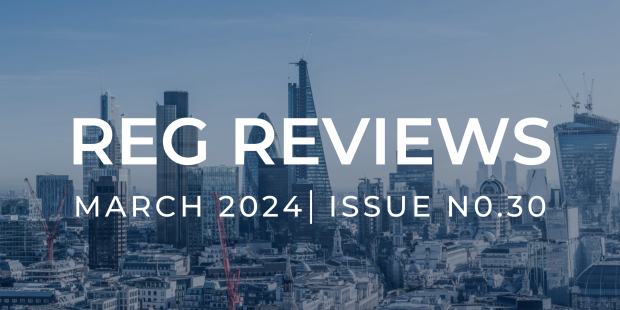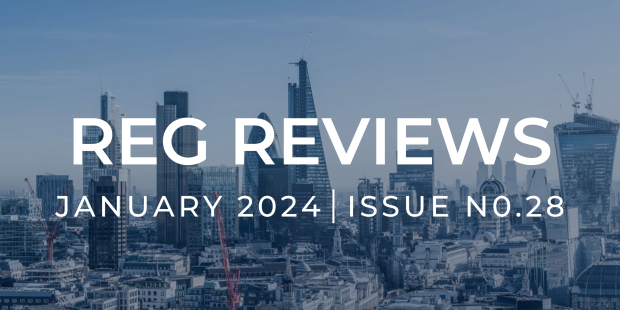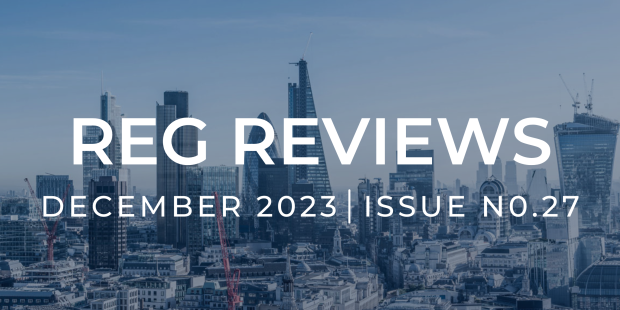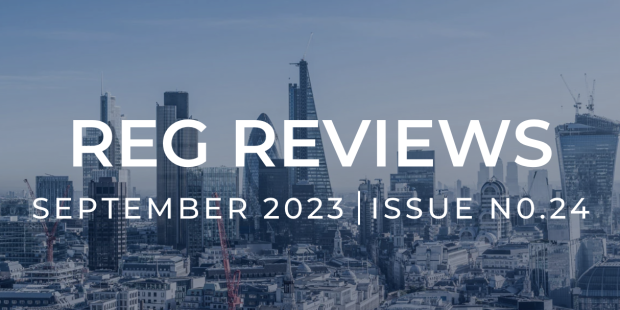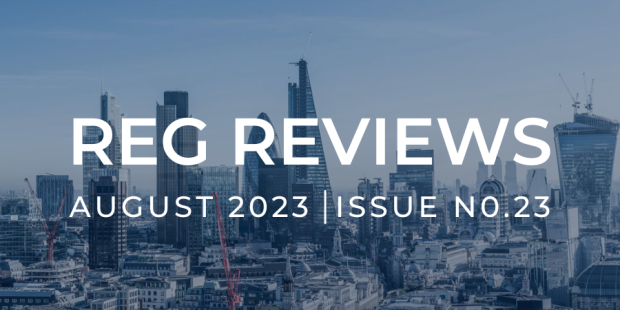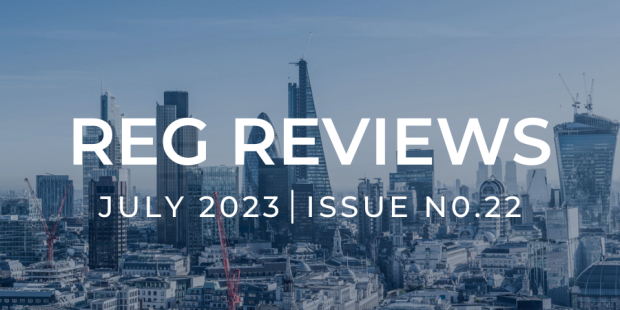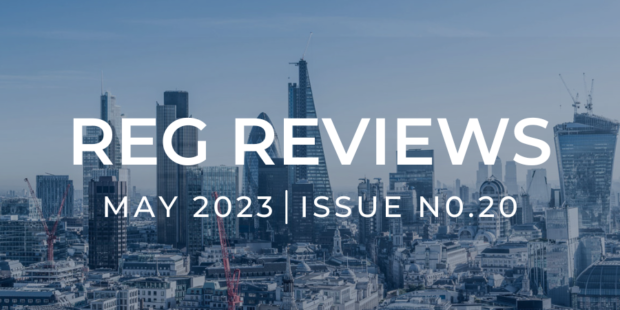Global Insurance Law Connect (GILC) has launched its inaugural report delving into the integration of artificial intelligence (AI) within the insurance sector, presenting insights from 18 countries.
The report navigates the transformative impact of AI, highlighting its role in enhancing efficiency and fostering innovation across various insurance operations.
However, it also sheds light on associated challenges, including potential biases in AI algorithms, privacy concerns, and increased cyber incident risks.
Gillian Davidson, Chair of GILC and Partner at Sparke Helmore Lawyers, underscored AI’s pivotal role in reshaping the insurance landscape. She emphasised AI’s multitude of benefits, such as expedited claims processing, enhanced underwriting capabilities, innovative insurance product development, streamlined administrative processes, and more efficient chatbots.
Notably, the report highlights AI’s capacity to swiftly process and analyse vast datasets, proving invaluable for risk prediction and assessment.
AI’s analytic capabilities offer insurers a means to penetrate markets with complex risk profiles, particularly in data-scarce environments, such as cyber insurance.
This enhanced risk analysis facilitates the provision of tailored coverage options, ultimately benefiting consumers with more relevant insurance offerings.
Moreover, the report examines the evolving regulatory landscape surrounding AI, with particular focus on impending regulations like the EU’s AI Act. The insurance sector remains attentive to emerging liabilities and risks associated with AI adoption, including privacy and cybersecurity concerns.
The digital transformation within insurance distribution models is also explored, accelerated by the COVID-19 pandemic. This shift towards online and digital platforms is expected to persist, particularly benefiting markets with traditionally low insurance penetration rates.
However, the report does not overlook AI-related challenges, particularly those concerning data privacy. Insurers are urged to establish robust compliance mechanisms to mitigate risks associated with data breaches and effectively manage potential incidents.
Davidson notes that while insurance solutions tailored to AI-related risks are in nascent stages, advancements in technology coupled with regulatory scrutiny are likely to spur the development of AI-targeted risk solutions in the future.
“Currently, insurance solutions tailored to the risks associated with artificial intelligence are still in the early stages of development. However, as the technology advances and becomes more prevalent, and regulatory bodies sharpen their focus, we can expect an increase in AI-targeted risk solutions,” she continued.
As AI becomes increasingly prevalent, the industry must remain proactive in addressing associated challenges while leveraging its transformative potential to better serve consumers
















